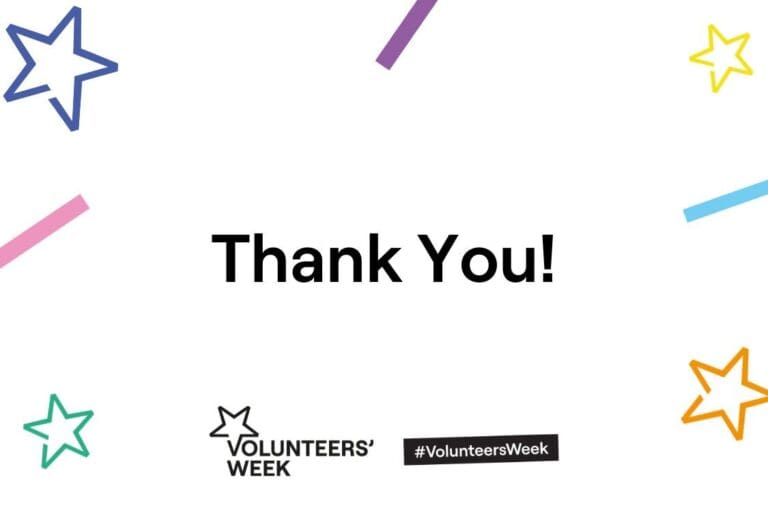The chair of the Charity Commission has advised that Charities need to be aware of the implications of the new Non-Party Campaigner Code which came into effect on 1 December 2023. This Code will introduce some important changes to electoral law which will be relevant to many charities whose leaders and trustees will see this as a critical moment to speak up for beneficiaries and highlight causes. This continues to be entirely legitimate but doing so consistently within the legal framework is crucial.
Key Changes
By way of summary, in addition to a charity’s continuing obligations under normal charity law, electoral law requires charities to register as non-party campaigners if they spend over a certain amount on ‘regulated’ campaign activities in the 12 months leading up to the next election.
Spending on certain activities is ‘regulated’ if the activity can reasonably be regarded as intended to influence people’s voting choice. So, such activity, which is lawful under charity law as long as it isn’t supporting a specified party or candidate, is regulated under electoral law, counting towards a charity’s spending limit.
Charities will be required to register with the Electoral Commission as non-party campaigners if they spend over £10,000 (previously this was over £20,000 in England), on regulated campaign activities, across the UK. After the election, the charity may then need to provide financial returns to support public transparency.
One further important change is that the law now requires an ‘imprint’ to be included on digital material that falls within the definition of regulated campaign activities. An imprint tells voters who is responsible for publishing and promoting campaign material. This means that many types of digital material such as social media adverts and posts will require an imprint.
For further guidance on this area, please see the Campaigning and political activity guidance for charities – GOV.UK (www.gov.uk). Or, if you have any further queries, VODA can offer support, advice and training to your VCSE group. Please contact VODA’s Core Services Team by telephone on 0191 323 2040 or by email on development@voda.org.uk.





